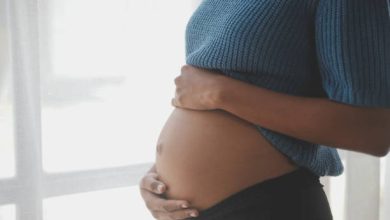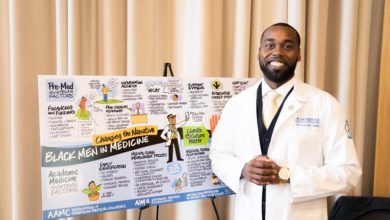Fibroids: What Every Black Woman Should Know


While the name may sound like some kind of alien life form, in reality, fibroids are pretty common. Growths comprising your connective tissues and muscle cells, fibroids occur in the majority of women. Nearly half of women of childbearing age currently have them, and more than ¾ of women at that age will develop them.
Fibroids are found inside and outside the uterus. While it doesn’t sound like fun having these uterine ‘growths,’ here’s the good news: almost all of them are non-cancerous. In fact, virtually 99 percent are benign.
But that doesn’t mean they can’t complicate things!
Signs and Symptoms to Look For
While rarely life-threatening, fibroids can threaten the life of an unborn baby. In fact, if you’re pregnant and have fibroids, your likelihood of preterm delivery is greater, and many women have to undergo a C-section to deliver. Sometimes, miscarriages also occur.
Black women especially should be vigilant. Roughly ¼ of Black women will have fibroids before the age of 25 and about 80 percent will have them by the time they turn 50, up from 70 percent for white women. Fortunately, your body will give you many signs that you may have fibroids.
These include:
- Intense or abnormally long periods
- Bleeding when not having your period
- Discomfort or bloating of the abdomen
- Pain in the pelvis or lower back
- Frequent or troublesome urination
- Constipation or bowel straining
- Pregnancy complications
- Difficulty conceiving
- Pain or discomfort during sex
RELATED: 7 Ways for Sistahs to Make Living With Fibroids Easier
Now, many of us will experience some of these symptoms for no other reason than we’re humans and sometimes things happen. But, if you experience a cluster of these symptoms, and they persist, it’s a good idea to contact your doctor.
If you suffer any sharp, sudden pains – like your abdomen is being stabbed – and painkillers don’t work, call for emergency medical care immediately. In some cases, fibroids may lead to serious vaginal bleeding and can be quite a nasty surprise!
Weakness, heavy fatigue, and feeling like you’re going to faint are also signs that you’re having a



